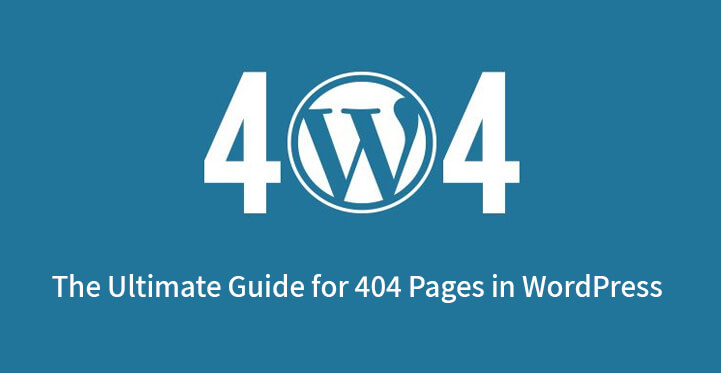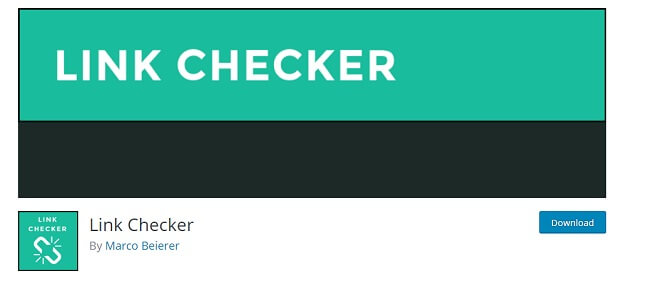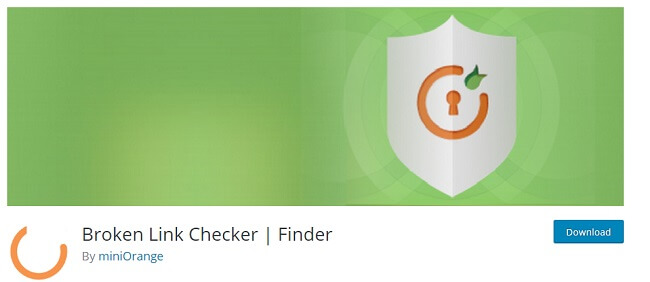WordPress is a reliable and sophisticated content management system, however, WordPress users are not guaranteed against certain tweaks and errors along with their online work. “Page not found” or 404 error is one of such frustrating errors happening with WordPress websites and not only.
Table of Contents
This error is not exclusively relevant to WordPress but may occur in the case of other ecosystems and platforms as well.
Well, if you are using WordPress, follow along with our article to understand what 404 pages in WordPress are and how you can deal with them whenever they interrupt the normal operation of your website and make web pages inaccessible for website guests.
1. What are 404 pages in WordPress?
404 pages in WordPress are what can make or break your site in terms of client retention and bounce rate. These 404 pages are technically known as error pages and “welcome” your web visitors with a “page not found” expression.
404 error is a standard HTTP response code indicating that the client was able to communicate with the server, but the server was not able to find the data requested. But note, that the 404 error is quite different from the “server not found” error indicating the restriction of access to the server.
Error 404 means that the requested web page or resource can be available in the future, but that does not guarantee the existence of the old content.
2. Why Do or When 404 pages in WordPress occur?
WordPress is an ideal platform enabling you to effortlessly manage your site’s URLs and change permalink structures, whenever needed for personal, business, SEO, or other purposes. But this simplicity also leads to a great number of broken links daily.
For example, if you have published a post on your WP website and want to change your permalink structure, every link to a post on your webpage is going to break.
In another case, your web page will not be displayed to its users whenever they try to browse it, if you have tried to correct some misspelled word on your page’s URL after it had been published containing that misspelled word.
3. The Ways 404 Pages in WordPress are handled.
Any time a post or page is requested and cannot be reached by the user, as it does not exist or the link is broken, WordPress checks for two system files: 404.php and index.php.
If the theme your website uses contains a 404.php file, then WordPress will load and showcase that template to the users. If there is no 404.php file, the default index.php file will be loaded.
4. How to Design 404 Pages in WordPress?
The truth is that you can make your 404 pages brilliant instead of annoying. Creative web design and beautiful aesthetics can be showcased with 404 pages as well.
Whenever the visitor stumbles onto a 404 error on your website, you never want to let him go without finding whatever he or she has been visiting that particular page or post for.
Therefore, you need to make your creative juices flow to present more than a common 404 page to the visitors to prove you care for their time or encourage them to have a journey across other parts of your site with redirects before the page they want to access will be available again.
The majority of modern WordPress templates come with 404.php which can be found in wp-content/themes/active-theme. This is your starting point when it comes to designing and customizing 404 pages to be productive and even on brand.
Best 404 Pages in WordPress plugins
404 Page: Your Smart Custom 404 Error Page:
Alternatively, you can use Your Smart Custom 404 Error Page plugin to quickly create and manage your site’s 404 pages to set your website apart from many other competitors in the way it delivers 404 error pages.
With this plugin, you are going to use your theme Page Editor like you are using for the creation of any page. Then go to Appearance, 404 Error Page, and choose the created page to be the custom 404 error page for your site.
Custom 404 Pro
Another wonderful plugin enabling you to use a custom page instead of a common 404 error page is called Custom 404 Pro. Full 404-page control, 404-page data record, custom page redirect options, custom log filters, and much more are wrapped up in this plugin.
5. How to Fix Broken Links?
But before you jump into working on the original solution of your custom error 404 page, you need to understand what causes 404 and how it can be fixed.
There are 2 different ways to lead your web guests to 404 errors:
Internal link on your WP website
External link from another website to your WP website
As for fixing the problem with internal links, you are forced to check all the links on your website which might take hours if done manually. Therefore, it would be better for you to use one of the useful tools or plugins ready to automate the internal link-checking process.
Google Search Console:
Google Search Console is one of the free tools you can use to find any broken link on your website. While crawling your site for SEO purposes and indexing, Google will let you know about such cases.
Link Checker:
404 pages in WordPress Link Checker is a popular broken link detecting and checking plugin and can detect both external and internal links that are broken. As soon as they are detected, the plugin will let you know about them via the dashboard or will notify you via email.
Broken Link Checker | Finder:
This plugin will scan your whole site to detect broken links, redirects, no-follow links, etc. With WP Broken Link Status Checker, you need to create scans and configure them, after which the process will start detecting the links and will display the results to you even while the scanning process is not over.





